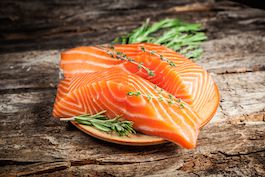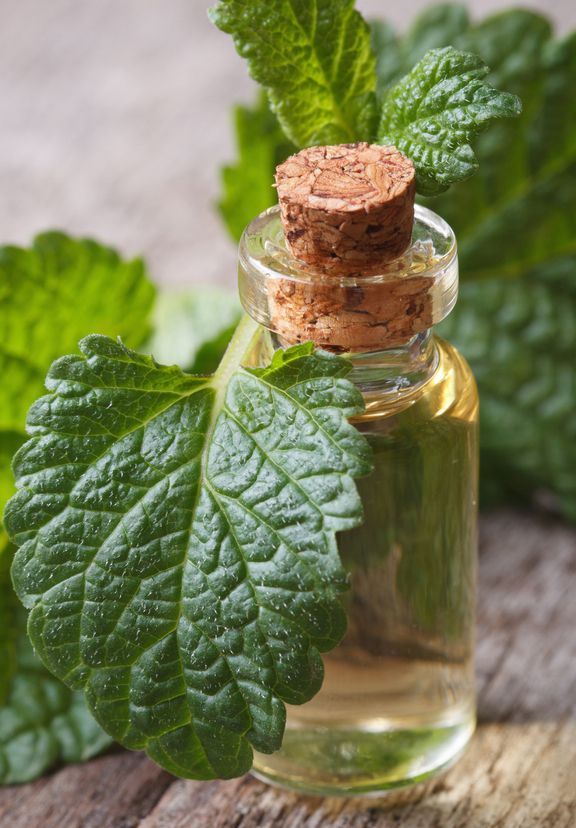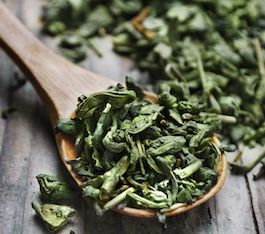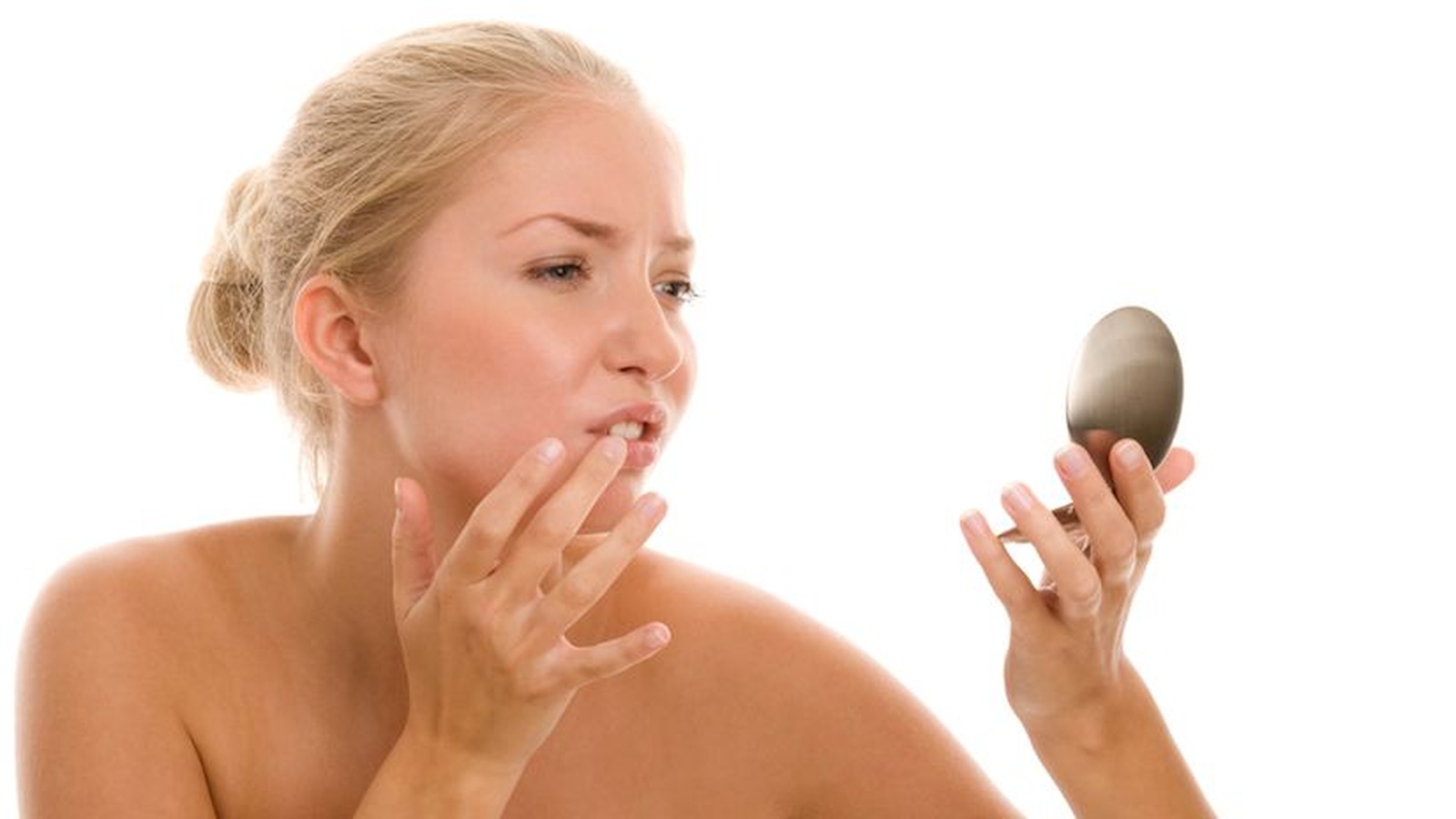Do You Suffer From This Common Embarrassing Condition?
Cold sores, which are also sometimes called oral herpes, are fluid-filled blisters that can occur on the lips, gums or even on the roof of a mouth. Although they usually clear up on their own in about seven to ten days, some people want a natural way to hasten the healing.
Besides the prescriptions medication available from the doctor, there are a number of different types of natural remedies for cold sores. While there is no cure for the primary virus, there are some highly effective natural ways to prevent and treat an infection. Discover the best foods and remedies to treat cold sores plus learn how to identify your triggers and prevent future outbreaks!
Cold Sore Triggers
Almost everyone has contracted herpes simplex virus type 1 by adulthood, according to the U.S. National Library of Medicine's website MedLine Plus. HSV-1 causes cold sores. It is generally transferred by kissing or coming into close contact with someone who has an active outbreak. Following primary infection, the virus will remain with you for life and any number of triggers can cause an outbreak. Stopping cold sores before they start is about identifying your triggers and taking preventative action before they occur. It also helps to turn your home into a place that's inhospitable to the virus.
In some people the HSV-1 infection causes cold sores, which erupt following a trigger event such as a cold. This explains the term ‘cold sore’. Other triggers that may cause an attack of cold sores include:
- Feverish illnesses, like influenza, or chest infections
- Exposure to sunshine is a trigger for many people
- Exposure to windy conditions
- Hormonal changes, such as the period or pregnancy
- Emotional or physical stress (including work, relationships, excessive exercise and prolonged, unresolved stress)
It is important to remember that cold sores are a symptom of ongoing infection rather than primary infection and the sores usually recur in the same place.
Cold sore symptoms
Cold sores usually develop as follows:
- Most people experience localised itching and tingling a day or two before the cold sore appears.
- A collection of small blisters forms.
- These blisters can be accompanied by pain, tenderness and a sensation of heat and burning.
- The blisters burst after a few days.
- The site develops a crust.
- The crust dries up and eventually falls off after about 10 days.
6 Foods and Natural Remedies To Prevent and Treat Cold Sores

1. Diet
Lysine is an "essential" amino acid, meaning that it must be obtained through food or supplements because it can't be produced by the body alone. In addition to helping create protein, it has also been shown to inhibit the spread of the herpes simplex virus, which has been known to cause cold sores.
Foods that are rich in lysine include milk, fish, cheese, meat and legumes. Therefore, some would say that if you want to decrease the chance of spreading your cold sores to others, try to ingest foods that are rich in lysine. There is some evidence that eating a diet low in arginine and high in lysine can stop cold sore outbreaks from happening.
Take lysine supplements if necessary to help your diet fight cold sores before they occur.
 2. Lemon Balm
2. Lemon Balm
A member of the mint family, this potent herb has been used for centuries to reduce anxiety and stress, common triggers for cold-sore flare-ups.
The most convincing clinical evidence of its effectiveness, according to a recent issue of the journal Alternative and Complementary Therapies, was a study showing that a cream containing the herb reduced redness and swelling after only two days.
You can buy lemon balm ointments at standard drugstores. Or steep 2 to 4 teaspoons of crushed lemon balm in 1 cup of boiling water for 10 to 15 minutes. Allow the "tea" to cool and dab it on your cold sore with cotton balls throughout the day.
3. Green Tea
 Another tea that's shown to be effective at combating cold sores, green tea is rich in an antioxidant called epigallocatechin gallate, or EGCG, which is thought to have antiviral properties.
Another tea that's shown to be effective at combating cold sores, green tea is rich in an antioxidant called epigallocatechin gallate, or EGCG, which is thought to have antiviral properties.
In a November 2012 study published in the journal Food and Chemical Toxicology, scientists from Georgia Health Sciences University discovered that EGCG reduced the proliferation of herpes type 1 cells by 92 percent.
Two to 3 cups of green tea per day, or green tea compresses on a cold sore, will give you high levels of EGCG.
4. Reishi
If you're a fan of mushrooms, another natural remedy for cold sores that you might want to consider is that of Reishi. This is a type of mushroom that has a long history of use in traditional Asian medicine to strengthen the immune system. And with good reason; Reishi has bee found to inhibit the spread of the herpes virus.
A typical effective dose is approximately 600 mg a day. In addition, it is available both in powder or supplement form, making it a convenient choice. A word of caution though; this particular natural remedy for cold sores can delay blood clotting, so be sure to talk to your doctor if you take aspirin, or any other medication that may interfere with clotting.
5. Zinc
Though the jury's out as to whether zinc will do anything for your cold, it could make a cold sore go away faster. Test-tube studies have shown that zinc can kill up to 98 percent of herpes simplex type 1 cells, but real-world studies haven't been as conclusive. One study suggests that topical zinc oxide ointment reduced cold-sore duration by up to two days, and the authors of that study had their participants use the ointment every two hours as soon as they felt a cold sore coming on.
 6. Honey
6. Honey
This treatment could be better than drugs, according to research from the United Arab Emirates. In a small study of 16 people, the researchers found that topical applications of honey shortened the duration of cold sores 35 percent better than acyclovir, the active ingredient in prescription herpes antiviral treatments. Research from New Zealand found that four different types of honey were able to kill the virus in test tubes, suggesting that any unprocessed, raw honey (which has the highest levels of antiviral compounds) might help treat a cold sore.
None of these treatments will prevent you from ever having another cold sore, and you can still shed, or transmit, the virus when cold sores are developing. But any one of these is certainly less expensive than a prescription or over-the-counter cold-sore medication—and will have you back to your smiling self as soon as possible.
Preventing an outbreak
Suggestions to reduce the number of outbreaks include:
- Avoid known triggers, if possible.
- Wear sunblock on your face and lips when outdoors.
- Pay attention to your general health and stress levels.
- Avoid getting ill or run down - eat a balanced diet and ensure you get sufficient rest and sleep.
What To Do If All Else Fails and You Have An Outbreak?
If all else fails and you do have an outbreak, take measures not to invite the virus back again. Get rid of items that came in contact with your lips during an outbreak, or sanitize them. Replace the toothbrush you've used during a flare-up and shave with a disposable razor so you can throw that out, too. It is also recommended that you wash towels, pillowcases and bedding, in boiling water if possible, to kill the virus.








